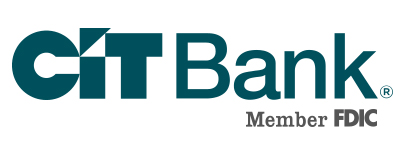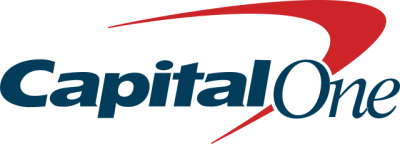Pros:
- Options on how to receive interest
- No opening required amount
- Pay credit card bill from savings account
- Competitive interest rates on accounts
Cons:
- Only offer savings and CD accounts
- Must link account to a different bank
- Funds not transferred immediately
- No checks, debit cards, or ATM cards
Pros:
- Virtual Wallet rates are competitive
- Relationship Rates offer higher rates
- Student accounts offered
- Business accounts are available
Cons:
- Low interest rates for other accounts
- Accounts have monthly fees
- High required balances to avoid fees
- Must open CDs at branch locations
American Express Bank offers ways to receive the money you earn off interest. You can deposit it back into the account earning the interest. The interest can be transferred to your CD account. You can deposit the money into your linked external account, or receive a check. You can request a check to come monthly, quarterly, or annually.
There is no minimum amount required to open an account. You start earning interest with any amount deposited into the high-yield savings account. The more money you deposit, the more interest you earn, but no required amount.
Once you open a savings account with American Express, you can link that account to your credit card. Log into your account and link the savings account to the credit card. Paying your credit card bill from your savings account does count as a withdrawal.
American Express Bank offers higher interest rates than your typical bank. Their rates are competitive with other online banks. You can find the current rates are on their website.
American Express Bank only offers a high-yield savings account and CDs. To deposit money into the accounts, you must link it to your current banking accounts. You can also sign up for direct deposit from your employer or to make automatic deposits.
You must link your American Express accounts to your current bank account. You can then transfer money between the different accounts. Federal regulations only allow six transactions each billing cycle for savings accounts.
Transferring money to and from your American Express personal account is not immediate. Money coming into your American Express account is not available until the fifth business day. All other transfers take 1-3 business days.
American Express Bank does not offer checks, debit cards, or ATM cards for their accounts. To get your money, you must transfer it from your American Express savings account back into your linked external account. If you open a CD, you must wait until the maturity date to access your money without a penalty.
Opening PNCs Virtual Wallet accounts earn competitive interest rates. This includes three specific accounts: the Spend, Reserve, and Growth accounts. The Spend account is your checking account for everyday spending. The Reserve account is a short-term savings account. It offers overdraft protection for the Spend account. The Growth account is for longer-term goals, like a down payment, car, or vacation. Virtual Wallet accounts offer interest rates that are competitive with other online accounts. You must link these accounts together to earn competitive rates.
Some Growth savings accounts offer slightly higher rates with Relationship Rates. You must qualify to earn the Relationship Rates. To qualify, you must have a set amount directly deposited into the Spend account. Making five debit transactions also qualifies you. The amounts of direct deposits vary from $500 to $5,000 depending on the account. If you qualify, your money will earn even higher interest rates.
PNC offers accounts for college students. With proof you are enrolled in college, the monthly fee is waived. This account offers a debit card and online and mobile banking. The same features of Virtual Wallet are available for the college account. Parents can sign up to receive alert texts when balances are low or overdrawn. Some colleges offer other perks with the account. For example, one college allows you to use your student ID card as a PNC ATM card.
PNC offers small and commercial business accounts. Checking, savings, and money market accounts are available. CDs, credit cards, and online services for your business are available. Bill pay, remote check deposits, and online payroll are services offered.
PNC standard account interest rates are low. To earn the competitive rates on Virtual Wallet accounts, you must meet the set requirement. If you open a standard account or do not meet the requirements, interest rates are low. To earn the competitive rates, be sure you open the right accounts and meet the requirements.
Most PNC accounts have a monthly fee. The fees range from $5 to $25 depending on the account. There are ways to waive the fees. Having a set amount in the account or in qualifying PNC accounts will waive the fees. Direct deposits of a set amount or if you are 62 years or older will waive some fees. As of March 2019, PNC loan and investment balances are not included to waive monthly fees.
The amounts required to have in PNC accounts to waive the monthly fees are high. The money market account requires $5,000 to avoid the monthly fee. Virtual Wallet accounts require $500 to $5,000 to waive the fee or $10,000 to $25,000 across all PNC deposit accounts. After March 2019, loans and investment balances will no longer count toward the total amount to waive fees. Their standard savings account only requires $300 to waive monthly fees.
Customers must open PNC CDs at a branch location. Most PNC CDs required $1,000 to open. The CDs with terms of seven to 89 days require $5,000 to open. PNC has branch locations in 19 states and the District of Columbia.


